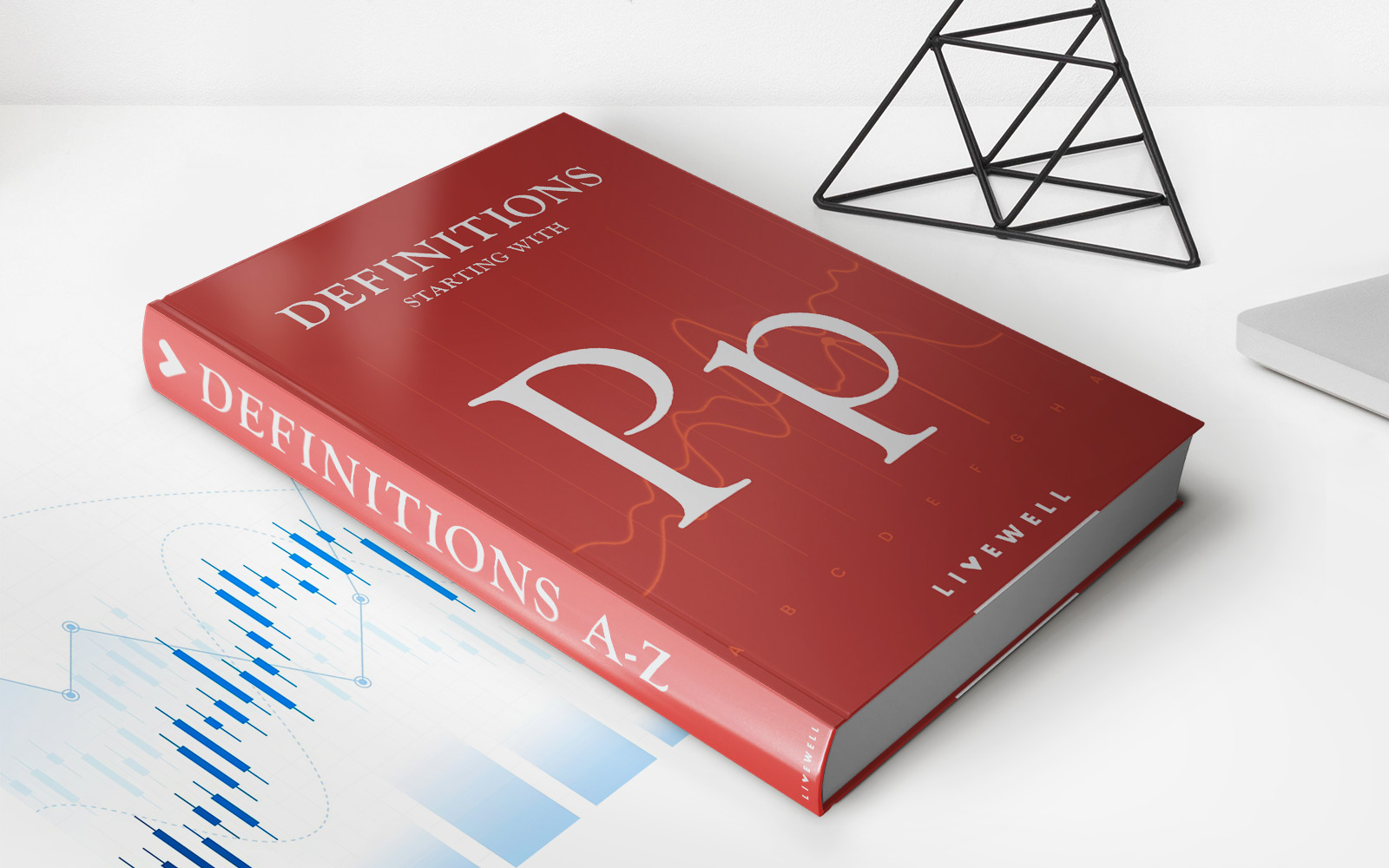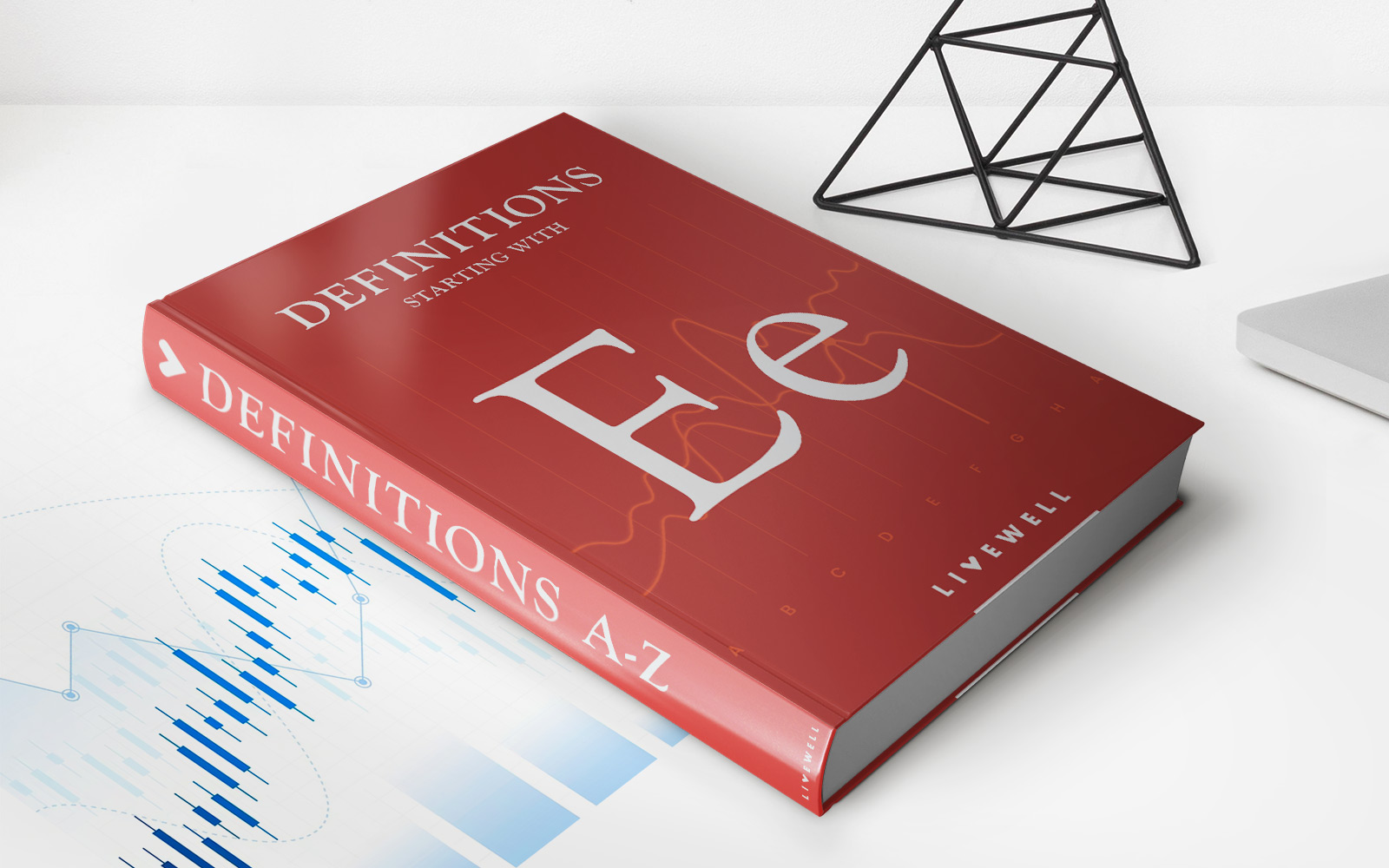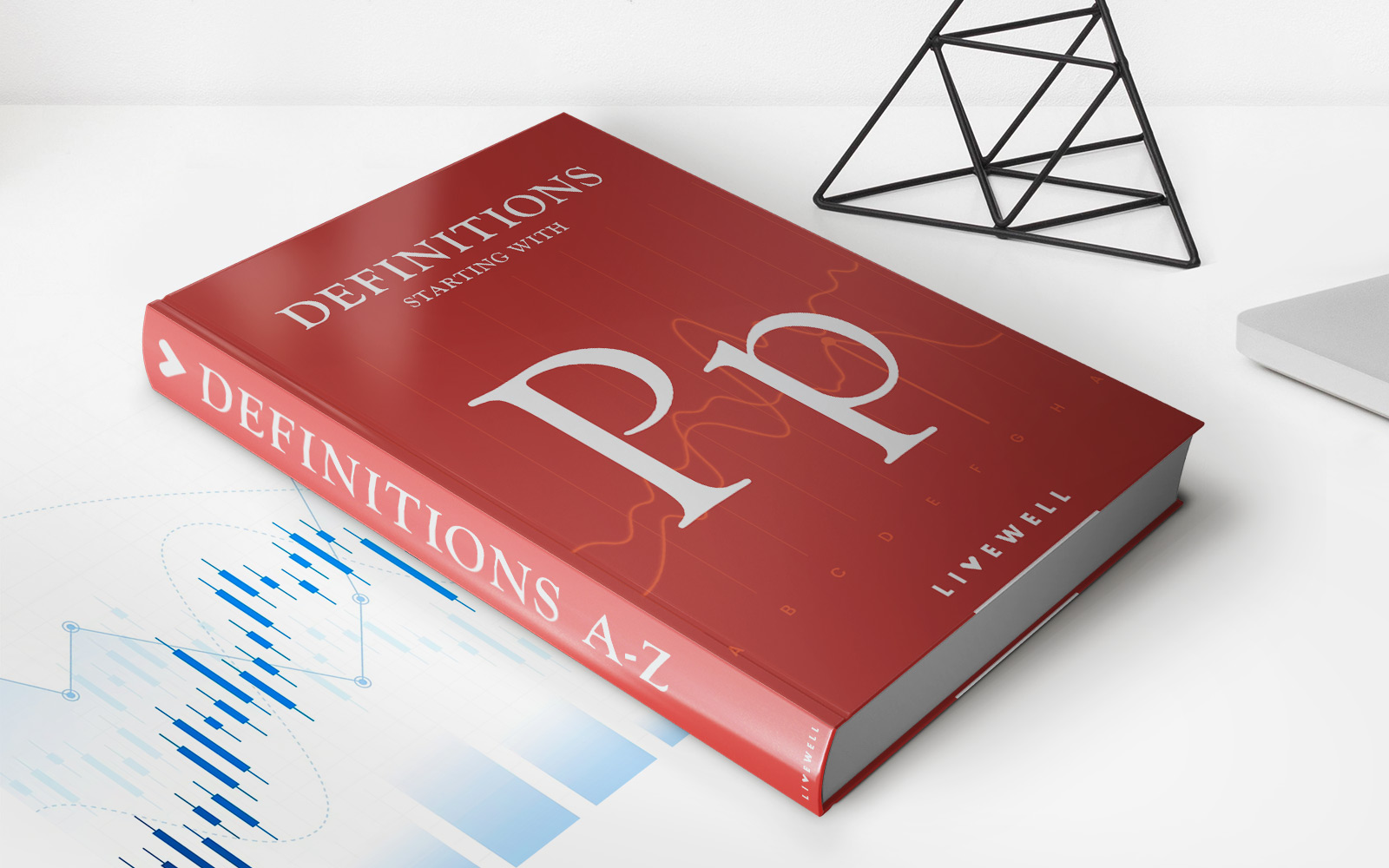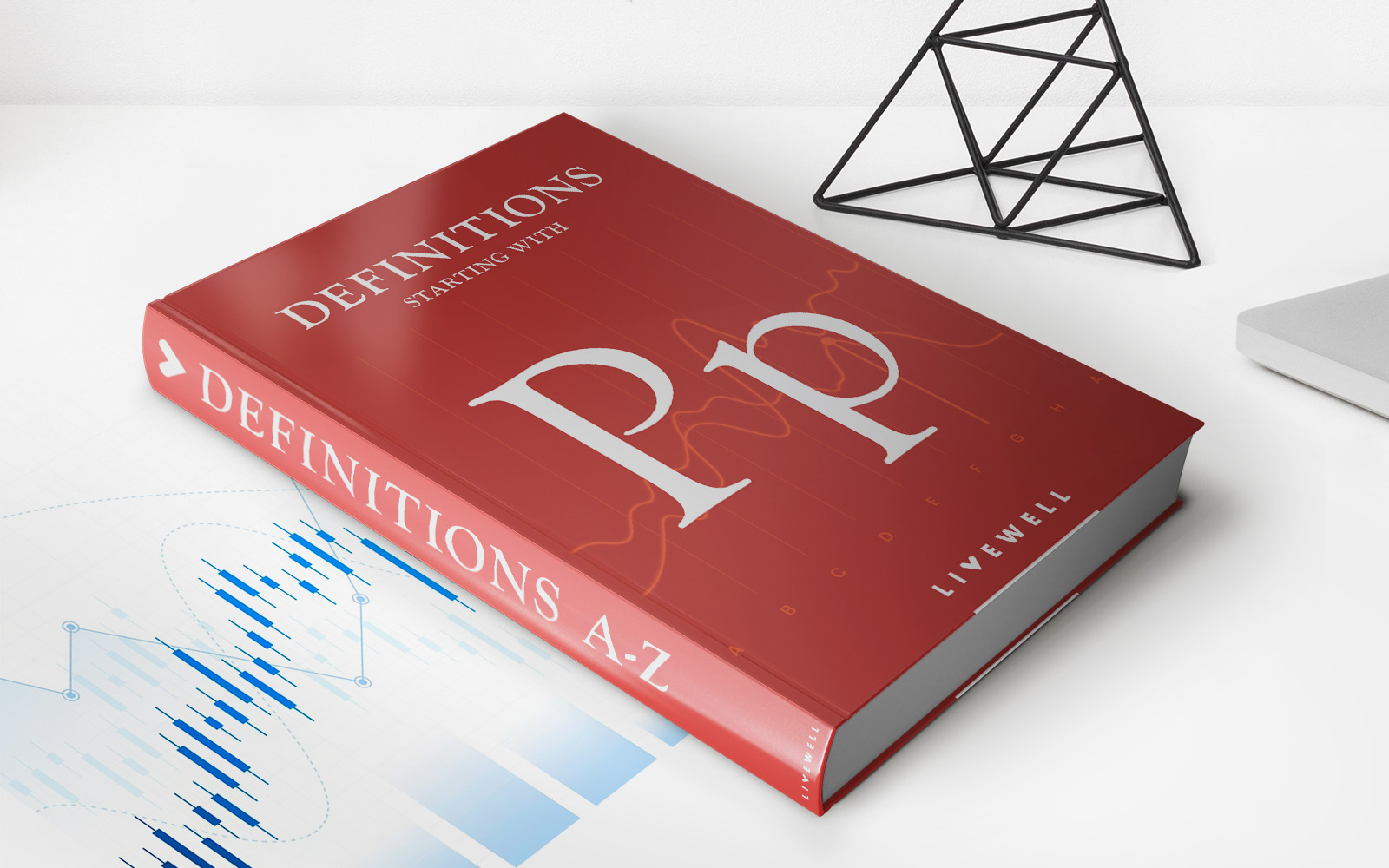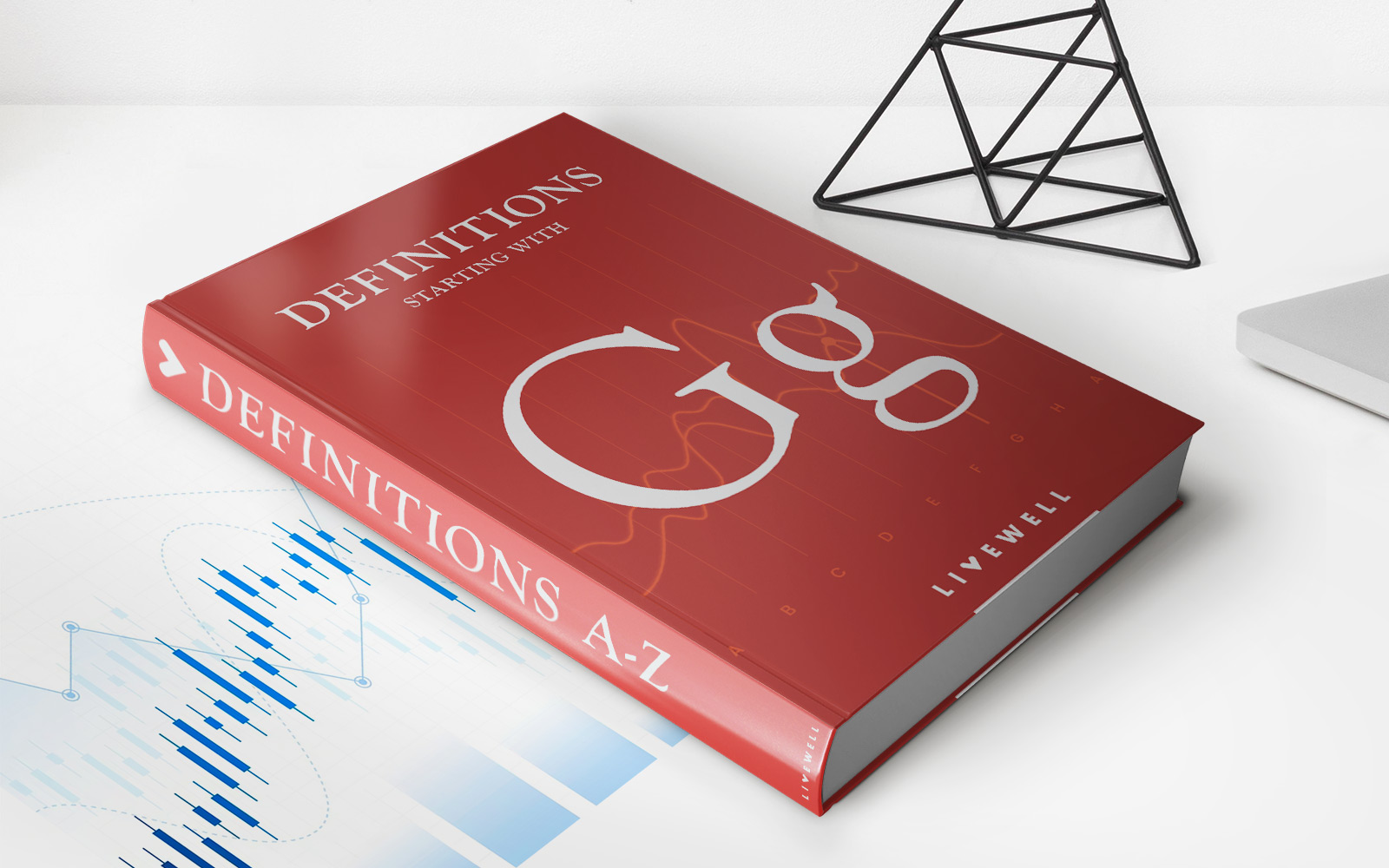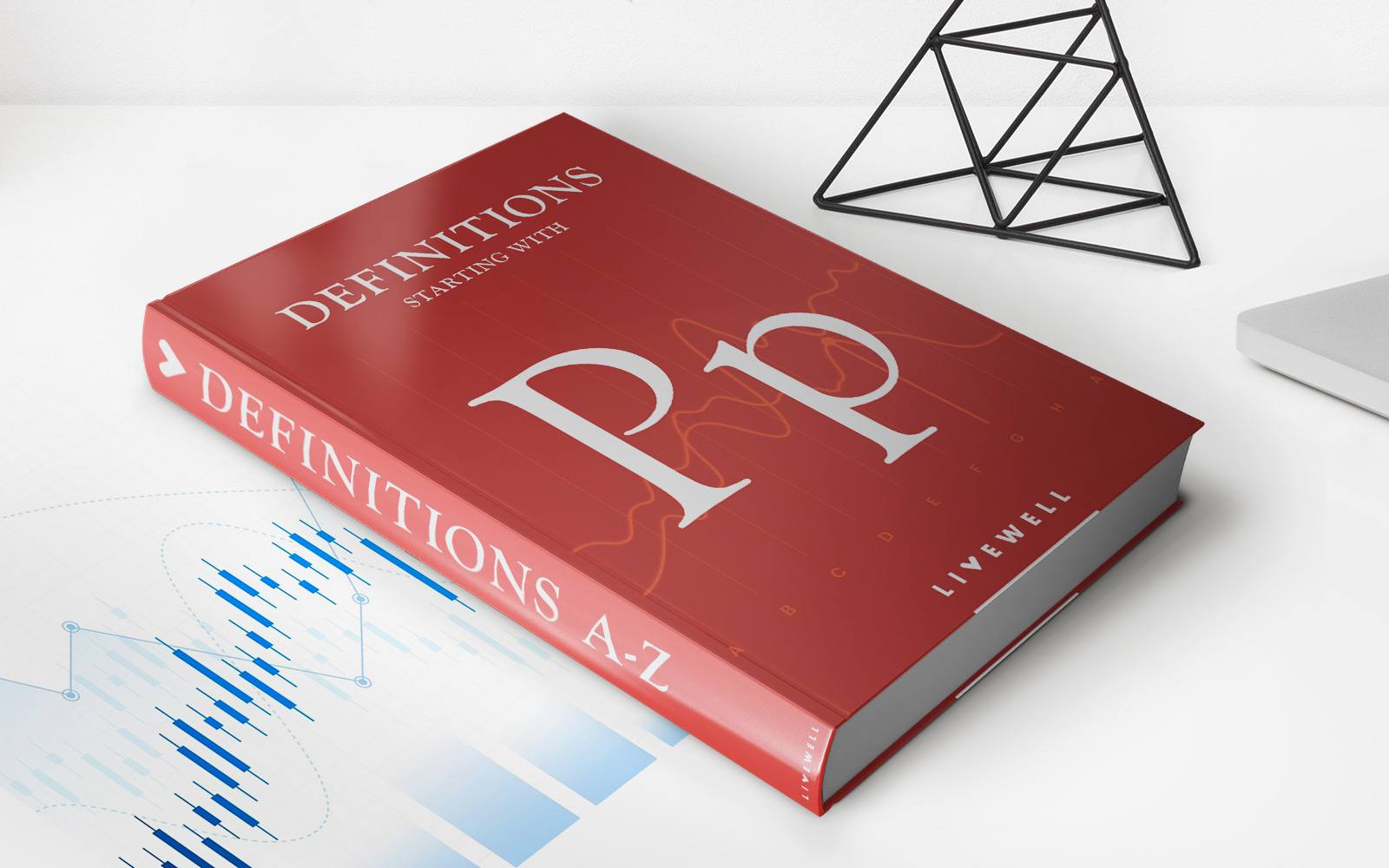

Finance
Primary Exchange Definition
Published: January 11, 2024
Learn the primary exchange definition and how it impacts the world of finance. Understand the crucial role it plays in global markets and investments.
(Many of the links in this article redirect to a specific reviewed product. Your purchase of these products through affiliate links helps to generate commission for LiveWell, at no extra cost. Learn more)
Understanding Primary Exchange Definition: A Guide to Financial Markets
Welcome to our “Finance” category blog post! In today’s article, we will explore the primary exchange definition and provide insights into the fascinating world of financial markets. If you’ve ever wondered what the primary exchange is and how it impacts your investments, you’ve come to the right place.
Key Takeaways:
- The primary exchange is the designated marketplace where publicly traded companies list their shares for trading.
- It plays a crucial role in facilitating the buying and selling of securities, ensuring fair and transparent transactions.
Now, let’s delve deeper into the primary exchange definition and understand its significance within the realm of finance.
What is a Primary Exchange?
The primary exchange, also known as the stock exchange, is a regulated platform where publicly traded companies list their shares for trading. It acts as a marketplace where buyers and sellers come together to trade securities such as stocks, bonds, and exchange-traded funds (ETFs).
In essence, the primary exchange serves as the epicenter of the financial market, providing a secure and transparent environment for companies and investors to transact. Some prominent primary exchanges include the New York Stock Exchange (NYSE), London Stock Exchange (LSE), and Tokyo Stock Exchange (TSE).
The Role of the Primary Exchange
The primary exchange plays a vital role in facilitating the efficient functioning of financial markets. Here are some key aspects of its role:
- Price Discovery: The primary exchange is where the supply and demand for securities meet, allowing market participants to determine fair prices based on the buying and selling activities.
- Liquidity: By providing a centralized marketplace, the primary exchange enhances liquidity, ensuring that there are enough buyers and sellers for efficient trading.
- Transparency: Transparency is a core principle of primary exchanges. Companies must adhere to strict regulatory requirements, including financial reporting, disclosure of information, and corporate governance practices.
- Investor Protection: Primary exchanges impose rules and regulations to protect investors’ interests, safeguarding against fraudulent activities and ensuring fair dealing.
These roles ensure that the primary exchange operates as a reliable and trustworthy platform for both issuers and investors, promoting market efficiency and confidence.
Choosing a Primary Exchange
For companies looking to go public, selecting the right primary exchange is crucial. Factors to consider include:
- The exchange’s reputation and global recognition
- The specific listing requirements of each exchange
- The presence of similar industry peers
- The local regulatory environment
Given the diverse range of primary exchanges available globally, choosing the most suitable one requires careful evaluation and consideration of these factors.
Conclusion
In conclusion, the primary exchange plays a vital role in financial markets by providing a secure and transparent marketplace for the buying and selling of securities. Understanding the primary exchange definition and its significance will help investors navigate the complex world of finance with confidence. Whether you’re a seasoned investor or a beginner, having a clear understanding of primary exchanges will enhance your investment knowledge and enable you to make informed decisions.
